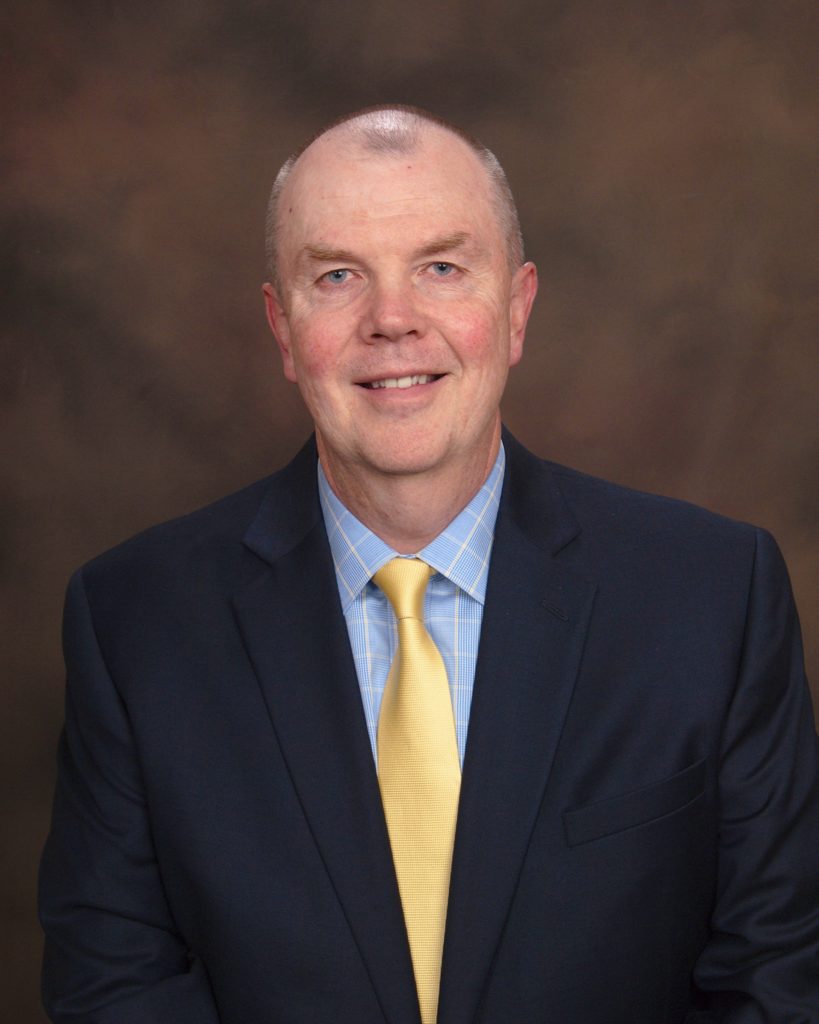 Terry Byrnes is the Vice President of Total Service at Caesars Entertainment. In this role, Byrnes serves as the chief customer advocate and sets the strategy for Caesar’s extensive customer experience and employee reward programs.
Terry Byrnes is the Vice President of Total Service at Caesars Entertainment. In this role, Byrnes serves as the chief customer advocate and sets the strategy for Caesar’s extensive customer experience and employee reward programs.
Before joining Caesars in 1998, Byrnes held various operational roles in the newly opened gaming markets in Colorado and has an extensive background in sports retailing. Prior responsibilities with Caesars include senior positions in Training, Human Resources and as Customer Service Director for multiple locations in the Las Vegas market. He graduated from the University of Colorado with degrees in Management and Commercial Recreation in 1984.
Terry will be one of the distinguished judges for this year’s Employee Engagement (EE) Awards & Summit on June 22nd in Chicago. For more information, visit the event site.
HR Gazette: What does employee engagement mean to you?
Terry: Engagement is about maximizing the performance of an organization’s workforce. While the challenges, opportunities and drivers of engagement will vary greatly from one industry to the next, the engagement strategies must all point to clearly defined and highly valuable performance outcomes.
HR Gazette: What are your three tips for companies looking to drive engagement in their organisations?
Terry: Invest time and effort in long-range planning with the same vigor you invest in creating a technology road-map, capital investment plan, or product development calendar.
Begin your planning with the performance outcomes that matter most in mind. For one organization outcomes such as innovation and creativity may rule the day. For others, more basic objectives like turnover and attendance may be most important.
Make sure your measurement system connects to your goals and objectives. Then eliminate the “noise” that sometimes surrounds engagements measures to ensure the energy and focus of the organization is on execution and performance as opposed to “debating” the measures.
HR Gazette: What do you feel are the biggest pitfalls that companies should avoid when executing their engagement strategy?
Terry: Engagement efforts are often reactive and disconnected, meaning that an organization learns of an issue then seeks a solution. This process is then repeated many times as new issues arise yielding a rambling “engagement plan” that emerges along the way. A longer-term, more coordinated planning approach almost always produces better results.
HR Gazette: Why do employees fail to buy-in when companies try to ramp up engagement?
Terry: Employees need to be included as a meaningful part of both the planning and execution process. When they understand “why” and have a legitimate voice along the way it always goes better.
HR Gazette: What skills are most useful for everyone to have when trying to move towards a culture of engagement?
Terry: The ability to understand the measurements associated with both engagement and execution are essential. Prioritizing engagement is another key skill. Where do the discussions of engagement efforts and results fall in a meeting agenda? If engagement is discussed first or near the beginning by a senior leader then he or she is informally assigning a high priority. If it always comes at the end, or worse, is rushed or sometimes omitted altogether, then the leader is informally assigning a low priority. Lastly, while I’m all about measurement and disciplined execution, both have to be applied with a positive and winning attitude.
HR Gazette: You are a judge for the North American 2016 Employee Engagement Awards. What will you be looking for in entries?
Terry: First, I will be looking for entries that seek to tackle big and bold challenges with a clear strategy. From there, it will be about measurement, execution, spirit and results. Also, the best initiatives are inclusive, meaning they will pull-in or involve nearly everyone in an organization in some way. Last year’s award winners showcased some amazing people, organizations and accomplishments so I can’t wait to see this year’s field of entries!
More about Caesars Entertainment
Caesars Entertainment Corporation is the world’s most geographically diversified casino-entertainment company. Since its beginning in Reno, Nevada, more than 75 years ago, Caesars has grown through development of new resorts, expansions and acquisitions, and now operates casinos on four continents. The company’s resorts operate primarily under the Harrah’s®, Caesars® and Horseshoe® brand names. Caesars also owns the World Series of Poker® and the London Clubs International family of casinos. Caesars Entertainment is focused on building loyalty and value with its guests through a unique combination of great service, excellent products, unsurpassed distribution, operational excellence and technology leadership.
